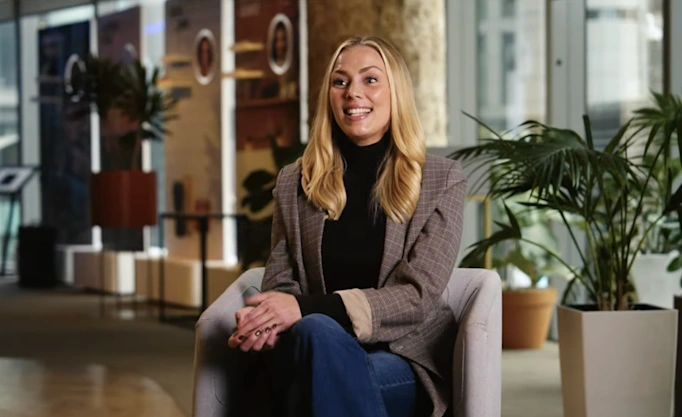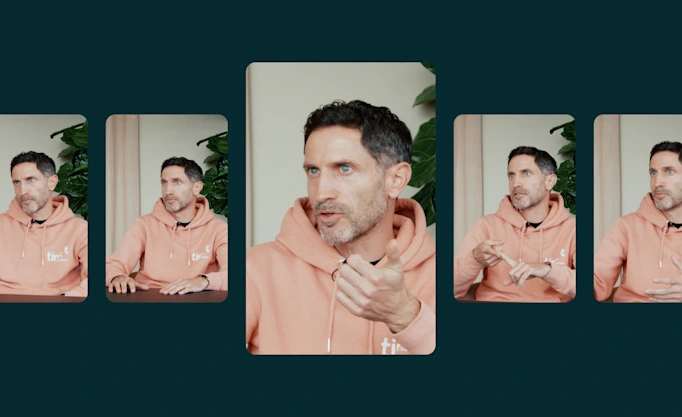The open banking battles banks are fighting on every front

This is the final piece in a three-part series: Inside the minds of Europe’s bankers. We conducted an open banking survey, querying nearly 270 European financial executives on how they see the movement, the regulations and the future. This is the last of the three major conclusions we’ve made after analysing the data.
One of the biggest challenges to come out of open banking is that banks are fighting multiple battles that span the business – modernising IT systems, complying with regulations, improving digital services and attracting and retaining talent to name a few. But there’s a problem: all of them are essential if banks want to become more efficient and keep their customers.
We had a deep curiosity about what bankers across Europe see as the biggest challenges of open banking – and it was one of the driving forces behind commissioning our recent survey.
We assumed complying with regulations would be significant, and it is. But technology also tops the list. Overcoming the technology hurdles inherent in open banking – modernising IT systems and finding the right talent to drive innovation – are bankers top challenges alongside regulation.
It makes sense that bankers have identified these top three challenges. After all, regulation and the open banking movement is forcing the incumbents to reconcile an entirely new state of play – one without legacy business models, legacy tech and legacy thinking. Even cash is quickly becoming a chapter of the past.
Letting go of legacy
Banks are undergoing – or are at least embarking on – major organisational, technological and cultural transformations inside their organisations. All three are interlinked in many ways, and all connect back to the gigantic challenge of modernising their IT systems.
Now incumbents have to accept that their businesses are about collaborating with third parties – fintechs, startups and even other banks – and providing them with interfaces so they can access the data the banks once held onto all on their own.
But they’re also realising that with the right tech and talent, they can begin to offer their own customers these same services – or perhaps better ones.
Partnering to prevail

From 8th April - 7th May 2019 YouGov conducted online and telephone interviews on behalf of Tink, among 269 decision makers within Europe’s most prominent financial services companies across 17 countries.
From 8th April - 7th May 2019 YouGov conducted online and telephone interviews on behalf of Tink, among 269 decision makers within Europe’s most prominent financial services companies across 17 countries.
But the banks also know they can’t outsource all of the talent they need. It’s expensive, impractical and interim. To truly drive innovation inside the organisation, they know that finding the right talent needs to be core to their banking strategy. Which is easier said than done. Over a third (36%) of financial institutions say they are having significant trouble accessing talent.
ABN AMRO’s chief digital officer Frank Verkerk is vocal about the importance of ensuring the right talent is in both the bank and the fintech, believing “it’s a two-sided model”, and that “innovation will only happen if you change on the other side too.”
In an interview with Tink for the report, Frank added: “You can talk about talent and innovation on the fintech side. But if you don't have the talent and innovation yourself, you won't recognise it. We have been on this road for four to five years. It means a big change on the side of the bank that wants to partner with fintechs. You have to change yourself to really partner.”
However banks secure the right talent it will undoubtedly help them answer some of the biggest questions on their tables. Like how to build compelling digital products. How to monetise the data that can now be captured. And how to use this opportunity to increase revenue – and beat the emerging competition. But with so much on their plates, how can banks focus to win all of their open banking battles?
Surviving the open banking race
In the short-term, banks will be focused on complying with the PSD2 requirements to provide access to current account data. Another part of the near-term strategy for many banks is to innovate so they can deliver a better customer experience. And a fintech partnership can help them fast-track this.
But in the long-term, banks need to transition from a bureaucratic and siloed organisation to one that is more agile, working in smaller teams with higher mandates. One that has an open perspective on technology. And one that puts the customer at the core of its organisational strategy – from the boardroom all the way to the basement.
Partnering with a fintech can offer an opportunity to help banks deliver on these needs – and achieve the cultural, technological and organisational transformation required to survive in an open banking world.
More in Open banking

2025-11-20
3 min read
Tink powers the UK’s first cVRP transaction with Visa A2A
In partnership with Visa, Kroo Bank, and Utilita, we’ve just helped demonstrate the UK’s first commercial variable recurring payment (cVRP) using the Visa A2A solution – and it’s a big step forward for how people make regular payments.
Read more

2025-06-09
11 min read
The case for “Pay by Bank” as a global term
Thomas Gmelch argues that "Pay by Bank" should be adopted as a standard term for open banking-powered account-to-account payments to reduce confusion, build trust, and boost adoption across the industry.
Read more

2025-06-02
3 min read
Tink joins Visa A2A – what it means for Pay by Bank and VRP
Visa A2A brings an enhanced framework to Pay by Bank and variable recurring payments (VRP) in the UK, and Tink is excited to be one of the first members of this new solution.
Read more
Get started with Tink
Contact our team to learn more about what we can help you build – or create an account to get started right away.
